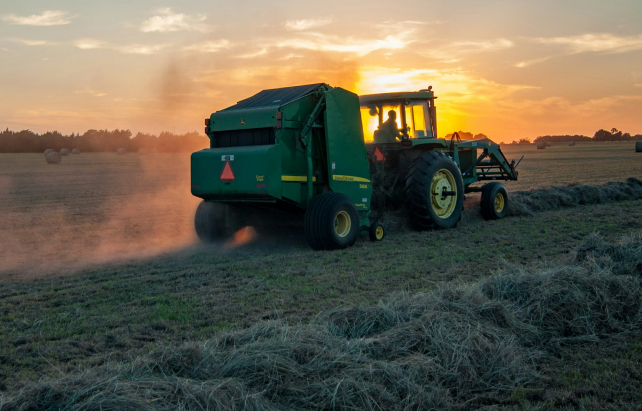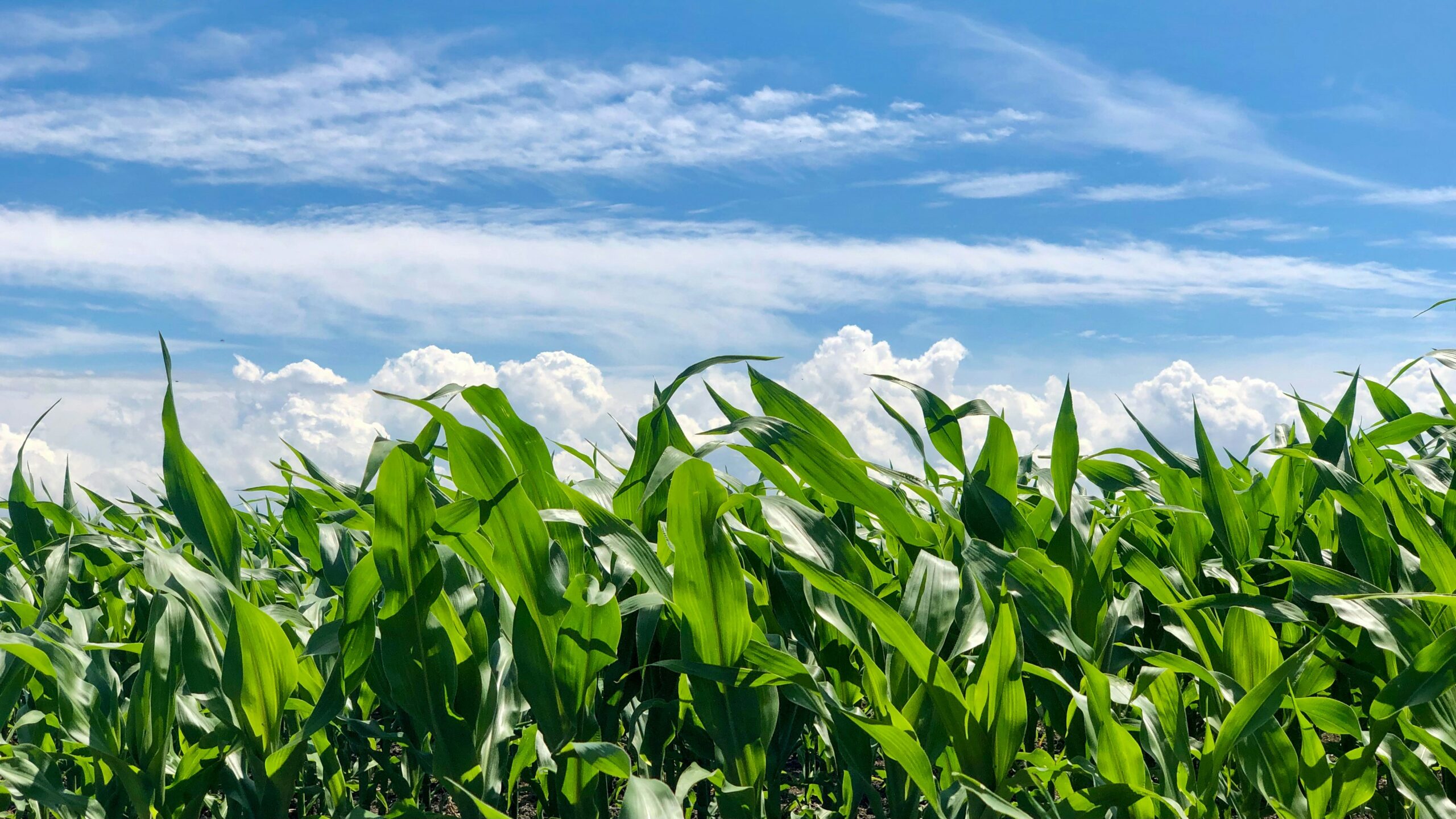For fifth generation farmer Kyle Mehmen of MBS Family Farms, it’s all about managing risk and keeping his powder dry. Kyle joined a panel of experts in a recent webinar to discuss strategies for managing cash flows and what it means to be financially prepared for what’s turning out to be the third-largest two-year decline in net farm income history.
Here are the key takeaways. Listen to the full conversation here:
- Know your numbers
It’s more important than ever to truly understand your numbers so you can target opportunities to drive efficiency and cost-savings, and know how much is available to reinvest back into your operation.
“We recommend farms do a financial analysis every year. There are still way too many farms that are doing only cash-based accounting, and they’re not doing accrual accounting. That’s just flat out necessary for improved management and decision-making on the farm.” – Dave Bryden, Uncommon Farms
- Focus on driving operational efficiency
While revenues are down, it’s easy to focus on your biggest input expenses. Instead of chasing the biggest line-item, Kyle recommends having plenty of “tools in the toolbox” to optimize the inputs he truly needs per acre – whether it’s variable-rate technology, zone management, or innovative approaches like the Efficient Acre Program from Sound Agriculture that help him optimize fertilizer use without risk. Small savings add up and can positively impact net income.
“It’s not about looking at your expenses and saying, ‘what’s the biggest line item and how can I cut that?’ It’s about looking at all of the small things and acting with precision. I always joke and say, ‘you know, a small number times a big number becomes a big number’.” – Kyle
- Build partnerships with shared upside and downside
Difficult conversations typically come up in a downturn, particularly around cash rents. Use the opportunity to talk candidly with your landlords about current market conditions and to explore more creative arrangements.
In the last downturn, Kyle was able to build a case for flex leasing with many of his landlords. Unlike straight cash rent leases that are based on lagging data points, flex leases establish a fair base payment with final payment dependent on actual crop prices and yields. This protects your bottom-line in leaner times and provides added upside to landlords during better times.
“It makes for the most fair rent payment to both sides and allows you to put longer term leases in place.” – Kyle
- Define how you want to grow
How you define growth will determine what to prioritize. Kyle’s growth strategy is focused on generating revenue, while his profits are invested in land.
“Growth can be defined differently for different people. For me, it’s revenue growth not necessarily the purchasing of land. Purchasing land is what I do with my profits – that’s my investment strategy not a growth strategy. It’s important to understand where you are on that curve because it’s two very different things. Defining your strategy will inform whether you focus on reducing costs or increasing your revenue.” – Kyle
- Downturns provide unique opportunities to grow
Whether it’s buying more land, tiling new fields or adding storage, investment needs still come up in a downturn, and often when you least expect them.
“The time to grow is when times are tough, because that’s when either people don’t have the ability to do something or they might be too scared to do it. The ag industry is changing quickly and staying abreast of new developments in the industry and creative financing like Fractal allows you to keep some powder dry.” – Dave
- Protect your cash position to capitalize on opportunities
Ultimately, being prepared in a downturn comes down to having enough cash on-hand to quickly finance the next opportunity. Work with your ag lender and other investor partners to ensure you have dry-powder ready:
“Deals come when there’s no money and money’s there when there’s no deals. You need to have that powder waiting, knowing that at some point there will be a new farm or a new deal to look at. Fractal is just another tool that provides that dry powder to capitalize on those opportunities.” – Kyle
Learn how to prepare for those inevitable opportunities in a downturn and access the capital you need with Fractal.
Uncommon Farms provides business and financial expertise to farmers, helping them build more profitable, sustainable operations. Sound Agriculture offers innovative products and programs that promote greater input efficiencies and sustainability on the farm.
Fractal and Sound formed a new partnership aimed at further reducing the cost of capital and increasing financial flexibility for farmers investing in their soil health.
Note this is not investment advice. The information contained should be used for informational purposes.
LEARN HOW TO UNLOCK YOUR EQUITY
"*" indicates required fields
We hold your data in high regard. By submitting this form, you are consenting to the use of this information in compliance with our Privacy Policy.


